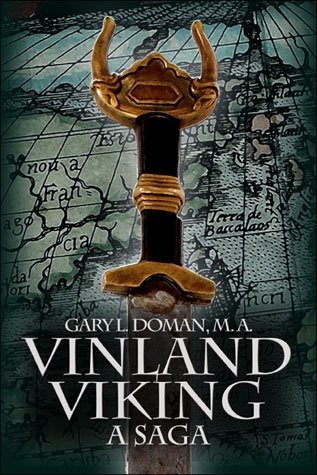The debate over whether atomic bombs ought to have been dropped on Hiroshima and Nagasaki always centres on whether the loss of civilian life that resulted from those detonations outweighs the saving of military (and civilian) lives that would have been lost during an invasion of the main Japanese islands, but this debate evidently is based on a false assumption.
According to a televised documentary, which I saw so many years ago that I can't recall the title thereof, the idea that Hiroshima and Nagasaki were bombed as an alternative to the invading of Japan was a "postwar conceit" dreamt up by opponents of the decision to use nuclear weaponry. One ought not, of course, to believe everything that one watches, any more than ought to believe everything that one reads, but this program supported its assertions with evidence such as quotes from Dr. Oppenheimer, Gen. Groves, and other important persons who were involved with the Manhattan Project, apparently none of whom regarded the nuclear bomb as a juggernaut of a weapon which would win the war at one stroke; rather, they expected it to be used in support of an invasion.
I saw another program (approximately just as long ago), which related that members of the Japanese wartime cabinet divulged that what really induced Japan to surrender was not the exploding of those two bombs but the entry of the USSR into World War II's Far East theatre of operations, which occurred on 8 August 1945. This revelation might seem unlikely to be accurate, but it makes considerable sense to someone such as I, who has studied military history. The Japanese had dreaded Soviet power since their forces were decisively defeated, in 1938, in division-strength battles along the border between Siberia and Japan's puppet state Manchukuo. Further, Soviet commanders had allowed their troops free rein to commit rape, robbery, and murder in occupied Germany, and so Japan's rulers had reason to fear that a similar wave of atrocities would sweep over their own country.
Moreover, the Allies had already demonstrated that the use of many small bombs could have an effect equal to, or greater than, that of a single very powerful one; I noted in Miscellaneous Musing #59 that, as I learned from watching the episode Fire Weapons of the series Weaponology [sic], the incendiary bombing of Tokyo had devastated that city to an even greater degree than the atomic attacks upon Hiroshima and Nagasaki would later in the same year. (I haven't heard details about the Tokyo immolation, but I did read about another Allied fire-bombing in The Destruction of Dresden; I recall thinking, as I did so, that the experience of the inhabitants of Dresden must have been just as horrific as that of the denizens of Hiroshima and Nagasaki.) Japan, therefore, was not cowed into submission by the leveling of its capital and greatest metropolis, yet, according to the conventional wisdom, it hoisted the white flag because of the leveling of two relatively minor cities?
It must also be remembered that Hiroshima and Nagasaki were selected as targets precisely because, lacking strategic value, they had not been subjected to air raids, and that military history shows that killing noncombatants does not win wars; in fact, it prolongs them, by making the enemy more angry and thus more reluctant to sue for peace. (There's a story that Winston Churchill prayed for the bombing of London, knowing that said event would galvanize his people's defiance of the enemy. I don't know whether that's true, but there's no doubt that people don't like for their homes to be blown apart and their women and children slaughtered.)
As I wrote in the opening paragraph of this posting, the assumption that nuclear arms were employed versus Japan so as to obviate the necessity of a major invasion has been the crux of a debate over whether the employment of those arms was justifiable. That controversy may be rendered moot by the information presented here.
08 August 2017
Subscribe to:
Posts (Atom)

